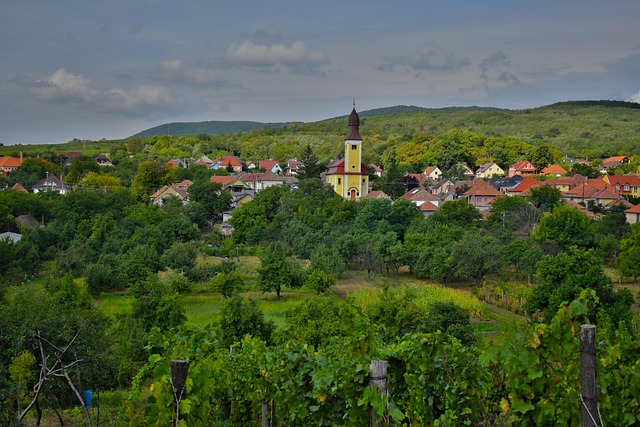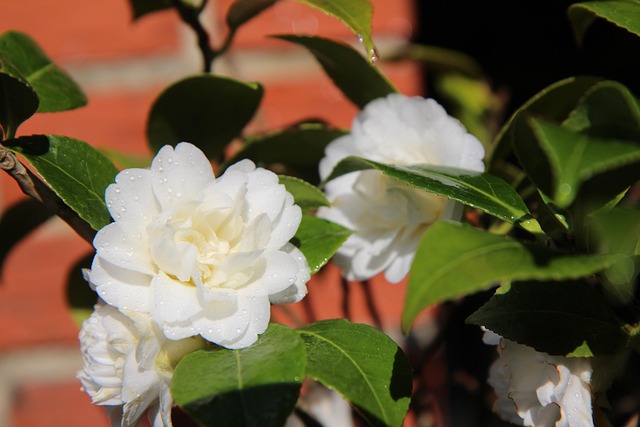The concept of time often feels both infinite and fleeting, a duality that resonates deeply within the fabric of human experience. One of the most poignant ways different cultures and religions commemorate the passage of time is through their distinct holiday celebrations. These sacred observances are not just markers on a calendar; they are imbued with profound meaning, reflecting the beliefs, traditions, and communal identities of diverse groups around the world.
In Christianity, for example, the celebration of Christmas embraces the idea of time as a sacred moment for reflection, hope, and joy. Advent, the season leading up to Christmas, provides a period for anticipation and preparation, transforming temporal markers into spiritual milestones. Families gather to share stories, create meaningful traditions, and bond over the anticipation of joy, emphasizing the importance of time spent with loved ones and the sacredness of sharing blessings.
Similarly, in Judaism, the High Holy Days of Rosh Hashanah and Yom Kippur are powerful reminders of the cyclical nature of time. Rosh Hashanah marks the Jewish New Year, inviting individuals to reflect on the past year and consider their actions as they seek reconciliation and renewal. As the shofar (a ram’s horn) is blown, marking the start of the new year, it serves as a spiritual wake-up call, compelling the community to seize the time they have and improve themselves in accordance with their faith.
Islam, too, is steeped in the observance of time through religious holidays. The month of Ramadan is a sacred period dedicated to fasting, prayer, and reflection. It emphasizes not just the passage of time, but the significance of each moment spent in devotion. The culmination of this holy month is Eid al-Fitr, a festival that celebrates the completion of fasting, bringing together family and friends to honor new beginnings and gratitude for the blessings of life. Time becomes a conduit for spiritual discipline and community bonds.
Buddhism introduces another perspective on time with its cyclical view of existence, embodied in the celebration of festivals like Vesak, which commemorates the birth, enlightenment, and death of the Buddha. These events serve as reminders of the impermanence of life and the moments that define our journey. The teachings encourage adherents to live mindfully, savoring each moment as a sacred step along their path to enlightenment, allowing them to embrace time as a valued resource.
Moreover, Hinduism observes the passage of time through festivals such as Diwali, the Festival of Lights. This joyous celebration symbolizes the victory of light over darkness and good over evil, marking the end of one cycle and the beginning of another. The rituals performed during Diwali are a powerful reminder of the cyclical nature of life itself, encouraging communities to reflect on their spiritual journey and the importance of their collective time together.
Across cultures and faiths, the calamity of time becomes a canvas for expression, fostering connections, compassion, and hope. Each holiday celebration invites individuals to pause amidst the chaos of daily life, to look inward and outward in reflection and connection. As we delve into the sacred boundaries of time, recognizing how various religions shape their observances, we discover an opportunity for empathy, understanding, and shared humanity. Whether through prayer, reflection, lighting candles, or sharing meals, these moments serve as anchors in the often tumultuous sea of existence, reminding us of the unique richness that different beliefs bring to our collective experience of time.




